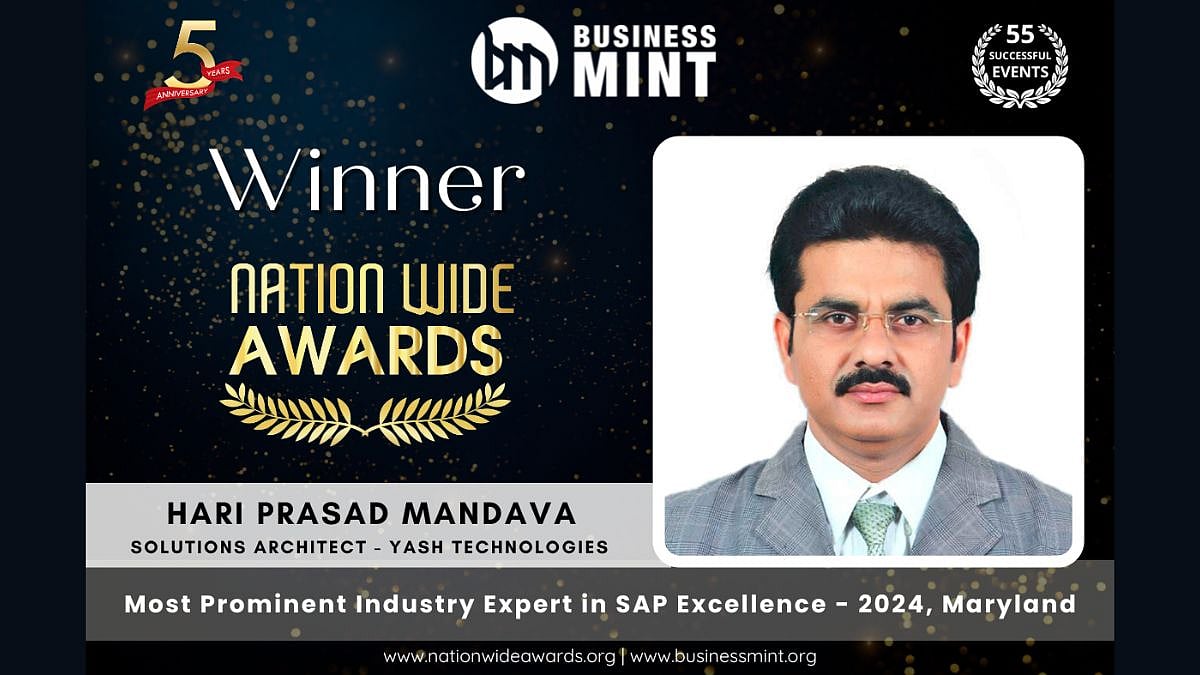Outlook Lens
Lok Sabha Elections 2024 Phase 2 Voting LIVE Updates: Tripura, West Bengal, conflict-hit Manipur have recorded over 15 per cent turnout till 9 am as polling for the second of the seven phases in the Lok Sabha elections or general elections 2024 remains underway. The voting, which began at 7 am, is taking place in 88 constituencies across 13 states and Union Territories and will conclude at 6 pm. Rahul Gandhi, Tejasvi Surya, HD Kumaraswamy, Hema Malini, Shashi Tharoor are among some of the top political leaders who are in the fray in the second phase of Lok Sabha elections 2024.
Advertisement
Lok Sabha Elections 2024 Phase 2 Voting: Polling is taking place today, April 26, in 88 constituencies across 13 states and Union Territories to decide the fate of several key political leaders, some of whom are Congress's Rahul Gandhi, Shashi Tharoor, BJP's Tejasvi Surya, Arun Govil, Hema Malini and Rajeev Chandrasekhar.
Latest
Advertisement
The gangster, Lipin Nehra, went to Canada on a student visa about three years ago where he came in contact with gangster Goldy Brar and allegedly provided two shooters for the murder of singer Sidhu Moose Wala, police said.
Advertisement
Lok Sabha Elections 2024 Phase 2 Voting LIVE Updates: Tripura, West Bengal, conflict-hit Manipur have recorded over 15 per cent turnout till 9 am as polling for the second of the seven phases in the Lok Sabha elections or general elections 2024 remains underway. The voting, which began at 7 am, is taking place in 88 constituencies across 13 states and Union Territories and will conclude at 6 pm. Rahul Gandhi, Tejasvi Surya, HD Kumaraswamy, Hema Malini, Shashi Tharoor are among some of the top political leaders who are in the fray in the second phase of Lok Sabha elections 2024.
Advertisement
Ivan Tertel, head of the Belarusian Committee for State Security (KGB), told a session of the All-Belarusian People's Assembly that his and other agencies recently carried out security operations, "which made it possible to prevent attacks by combat drones from the territory of Lithuania on objects in Minsk and its suburbs".
Magazine
Magazine Home
-
Outlook reporters undertake this solemn guarantee towards readers and viewers that their report is genuine, it is unbiased, it is factual, it is objective, it is balanced, and above all, that it is true.
-
Tamil Nadu, a bastion of Dravidian political ideology, has always been a difficult terrain for the Bharatiya Janata Party (BJP)
-
Will the BJP’s desperate efforts to splinter the people along caste, religious, regional and linguistic fault lines bear fruit in Tamil Nadu’s western districts?
-
The Bahujan Samaj Party remains an enigma, but it has come up with a very smart game plan for the Lok Sabha elections
-
Can the 2024 Lok Sabha elections reverse the symbolic invisibilisation of Muslims from UP’s socio-political arena?
-
Nagina Lok Sabha constituency in Bijnor district has emerged as a key battleground for the future of Dalit politics in Uttar Pradesh
-
Arun Govil, who played Lord Ram in the popular television series, Ramayan, flips the conventions of devotion on the campaign trail
-
Politicians visiting Madhya Pradesh are making big promises to the people, but for the Adivasis, it’s still about Jal, Jungle, Jameen
-
In the calm foothills of the Eastern Himalayas, there is a storm brewing between the BJP and the TMC. The voters are divided
-
The BJP hopes to sweep Assam in the Lok Sabha polls riding on PM Modi and CM Himanta Biswa Sarma’s development and Hindutva agenda. The Opposition has constituency-specific strategies
-
Are Kashmiris set to heed politicians' call to come out and vote in large numbers?
-
While the Congress is deeply rooted in the city’s psyche, the BJP is eyeing 3.5 lakh Muslim voters
-
Udupi, Dakshina Kannada and Uttara Kannada—districts in coastal Karnataka, which witnessed increased instances of polarisation in the last few years—have been the BJP’s stronghold
-
Whether the Congress’ Rahul Gandhi or CPI’s Annie Raja wins, Wayanad has widened the chasm in the INDIA bloc
-
The resurgence of swords reinforces Hindutva’s fondness for Rajput rulers and Kshatriya pride and identity
-
The evolution from devotional egalitarianism to social justice
-
Ayodhya, a city of stark contrasts, where the echoes of devotion mingle with the modern chaos of daily life
Previous Issue
Advertisement
The stage in Kerala is dominated by two key players: the CPI(M)-led LDF and the Congress-led UDF, with both fronts vying to prove themselves as the true defenders against BJP's electoral advances in Kerala.
Stocks To Watch: Tech Mahindra, Bajaj Finance, IndusInd Bank And Others In News
Shreyas Iyer's Kolkata Knight Riders will be hosting Punjab Kings in their eighth game of Indian Premier League 2024 on Friday. Three key player battles are worth looking out for in the KKR Vs PBKS match
Reportedly, Echo had taken the copyright of the songs composed by Ilaiyaraaja, and it started a legal dispute between them.
The duo first crossed paths on the set of 'Spider-Man: Homecoming' back in 2016.
'Right Place, Wrong Person' will release on May 24 at 1 PM KST.
Starring Gopichand, 'Bhimaa' is now available to stream on Disney+ Hotstar. Is this film worth watching or you can choose to skip it? Read the full review to find out.
You can create a will to distribute the wealth you have accumulated during your lifetime after your death. What if you are single? Does a will still help? Yes, a will is highly recommended, even if you are single!
Experience A Royal Rendezvous At Sawantwadi Palace








































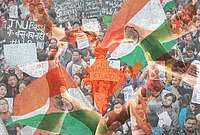
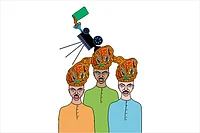
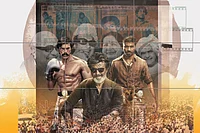






















































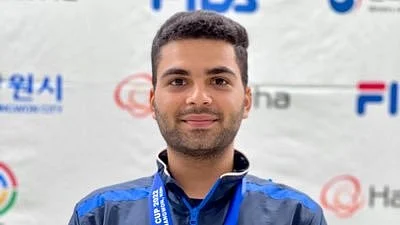







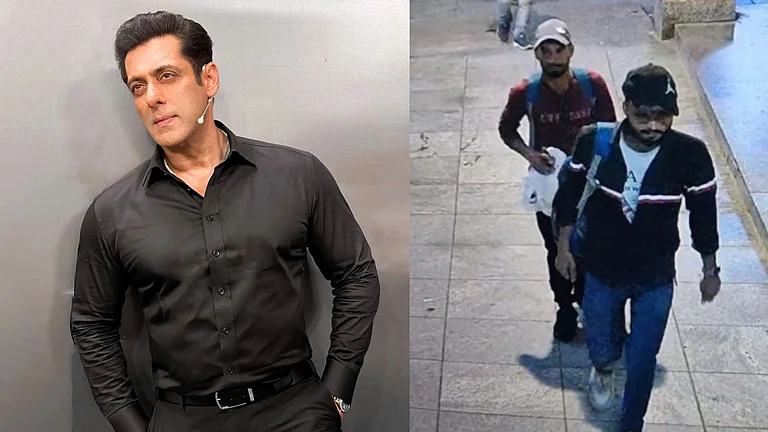
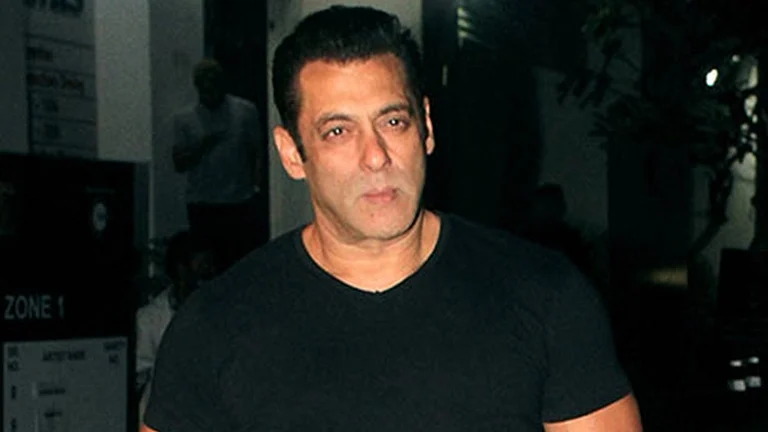











































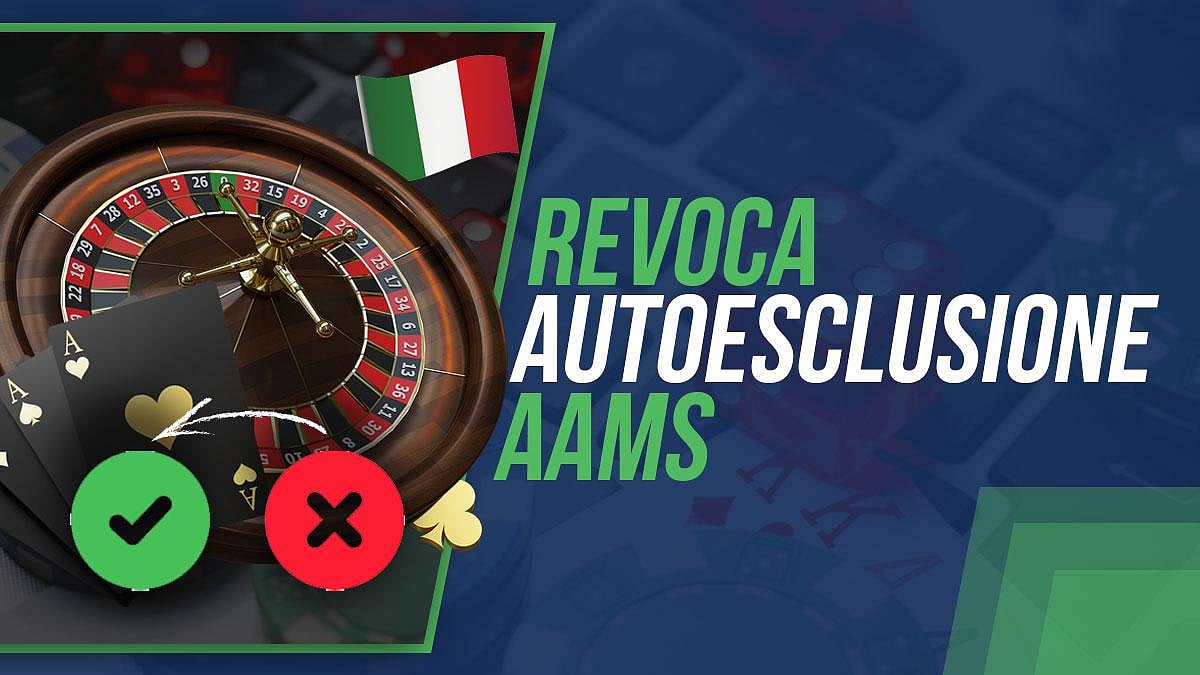






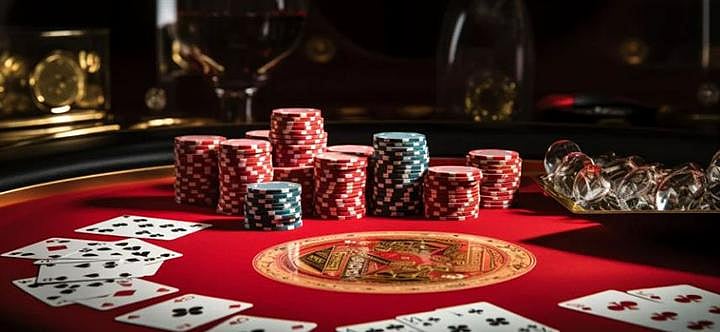
![라이트닝 바카라 사이트 [ TOP 3 ]](https://media.assettype.com/outlookindia/2024-04/4beed037-a2b6-4824-b41b-ece0c6f8edaf/image1.png)

























